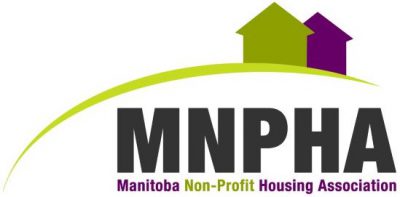Capital Development or Renewal Opportunities
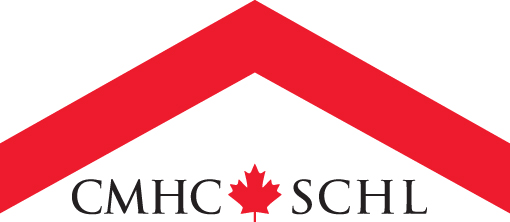
Co-operative Housing Development Program: Intake Window Opening Soon
To support a new generation of co-operative housing development, the Federal Government has created a new Co-operative Housing Development Program (CHDP).
The CHDP provides access to funding the construction of non-profit co-operative housing. The program includes $1.5 billion in funding available in the form of forgivable and low-interest repayable loans.
Application Process
The first application intake window will be from July 15 to September 15, 2024. CMHC highly encourages proponents interested in this round to start working on their application. Additional intake windows will be announced at a later date.
Attend an Informative Webinar
Webinars are offered on June 26th and 27th to learn more about the program, available tools and resources, and receive answers to frequently asked questions.
Register for the CHDP webinar through the website
Stay Informed
Sign up through the website for notifications about the CHDP.

Capital Funding
Capital funding is now available to support the development of new transitional or supportive housing units for individuals experiencing homelessness in Winnipeg. We are seeking innovative projects that can contribute significantly to increasing the local supply of transitional and
supportive housing.
Eligible Projects:
Projects may involve new construction or the conversion (renovation) of non-residential spaces into transitional or supportive housing units, or the redevelopment of a vacant residential building that has been deemed uninhabitable (and therefore “lost” from the housing stock). The project MUST increase the supply of transitional and supportive housing units available in Winnipeg. Funding is not intended to renovate existing housing supply.
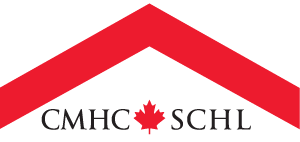
Seed Funding
Financial assistance to help community housing providers with the costs of early development activities related to the predevelopment costs of building a new affordable housing project or renovating an existing affordable housing project.
CMHC’s Seed Funding program provides financial support for individuals or organizations involved in the initial phases of creating an affordable housing project. You can apply for up to $350,000 in interest-free loans and a maximum of $150,000 of non-repayable contributions to assist with early development expenses. These expenses can include things like the formulation of a business plan, creation of preliminary design concepts and conducting environmental site assessments.
* CMHC will accept and review applications on a continuous basis, beginning March 1, 2024, with funds to be spent on eligible activities and submitted for reimbursement by December 31, 2024. Seed funding will continue to be offered based on an incremental stage approach. If oversubscribed, applications may be prioritized taking into consideration key focus areas.
APPLICATION PORTAL IS OPEN
IMPORTANT: The portal will remain open until the Seed Funding budget for 2024 has been fully allocated. We’re anticipating a high demand for this fund, so don’t delay, apply now.

Preservation Funding
Preservation Funding provides financial assistance to support the cost of completing preservation activities.
This funding helps:
- existing community housing providers remain viable
- prepare for future funding opportunities
Preservation Funding is open to:
- Projects that are currently subject to an active, eligible federally administered operating agreement.
- Projects that were previously subject to a federally administered operating agreement that have since expired. This includes projects previously administered under a federally administered operating agreement that were transferred under a Social Housing Agreement (SHA) which have since expired.
Funding details:
- The maximum Preservation Funding available per project to complete eligible activities is $50,000.
- Maximum funding may be increased to $75,000 on a case-by-case basis.
- Each Funding Agreement offers up to 18 months from the approval date to complete the approved activities.
Activities may include but are not limited to:
-
- a building condition report
- capital replacement reserve planning
- an operating viability analysis
- an age-friendly conversion assessment
- an energy audit
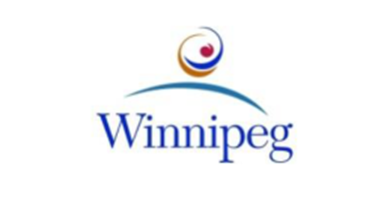
City of Winnipeg Affordable Housing Now Program
The Affordable Housing Now Program, which is being administered in partnership with Centre Venture Development Corporation, is eligible to project proponents intending to participate in CMHC affordable housing programs under the National Housing Strategy for the development of new rental and non-profit housing.
The program will provide $2 million in grants to offset construction and permit fees, offer tax increment financing (TIF) opportunities of up to 80% of municipal incremental tax increases arising from development, and will enable proponents to access existing federal programs that may require support from another level of government.
For more information and to apply, please Click Here

Tax Sale properties – opportunities for non profits
The Council has recently approved a new Real Estate sales Policy which requires the Public Service to market all tax sale properties to non-profit housing corporations (note Section 4.3(D)(iv) of the policy).
This provides additional acquisition opportunities for affordable Housing providers outside of the Affordable Housing Opportunities in HIZs program. These properties will be marketed at the same link as the noted program:

National Housing Co-Investment Fund
The Co-Investment Fund provides grants and financing for new affordable housing construction and existing affordable housing renewal and repair.
MNPHA hosted an educational session with CMHC on this funding stream. The power point slides from the session are available here. Or for more information you can go to CMHC’s website here

Canada Greener Affordable Housing Program
Canada Greener Affordable Housing provides low-interest loans and grants for deep energy retrofits. Multi-unit (5+) residential can access the program if they target at 70% reduction in energy comsumption and an 80% reduction in greenhouse gas emmissions.
Applications for retrofit funding are accepted on a continuous basis until the available funding have been fully committed. Pre-retrofit funding for activities such as energy audits, energy modelling studies and building condition assessment reports required for a retrofit funding application will be open for applications November 1, 2023. Learn more and apply here

Efficiency Manitoba
Efficiency Manitoba is a Crown corporation dedicated to energy efficiency. They offer programs and rebates to help non-profit housing providers and their tenants reduce their electricity and natural gas use, saving energy, money, and the environment.
Efficiency Manitoba’s Energy Efficiency Assistance Program provides single-detached or semi-detached rental properties with qualifying low- to moderate-income tenants with free and significantly subsidized energy efficiency upgrades. An energy advisor will assess energy-saving opportunities for each of the units. Non-profit housing providers can qualify for free insulation, a subsidized natural gas furnace, a boiler rebate, and free energy-saving devices such as LED light bulbs, energy-efficient showerheads, and faucet aerators.
If a non-profit housing agreement requires tenants to income qualify, or if there’s a mandate stating that housing is intended for lower-income households or offers rent-geared-to-income, the income qualification process can be bypassed. Check out this article on Efficiency Manitoba’s website to learn more.
Non-profit housing providers may also qualify for Efficiency Manitoba’s Commercial Energy Audit Program, Commercial Deep Energy Retrofit Program, or In-Suite Energy Efficiency Program.
The Commercial Energy Audit Program provides financial incentives and technical support for building owners that complete ASHRAE (American Society of Heating, Refrigeration and Air-Conditioning Engineers) Level 2 or 3 energy audits for commercial buildings. Building owners will receive a detailed report from the audit summarizing energy-saving opportunities for their building’s envelope, lighting, and heating, ventilation, and air conditioning systems, as well as applicable Efficiency Manitoba incentives.
The Commercial Deep Energy Retrofit Program provides incentives to help building owners undertake major energy efficiency renovations. Incentives and technical support are available for projects that will reduce a building’s energy use by 20% or more from the pre-renovation baseline energy use.
The In-Suite Energy Efficiency Program helps property managers and owners of multi-unit residential buildings improve the energy efficiency of the suites in their buildings. Through the program, the suites can receive free Basic Upgrades such as A-line bulbs, faucet aerators, and water heater pipe wrap. They also offer incentives of up to $250 for Premium Upgrades which includes all the Basic Upgrades plus incentives for smart thermostats and advanced HRV controls.
To learn more about Efficiency Manitoba’s programs, visit efficiencyMB.ca.
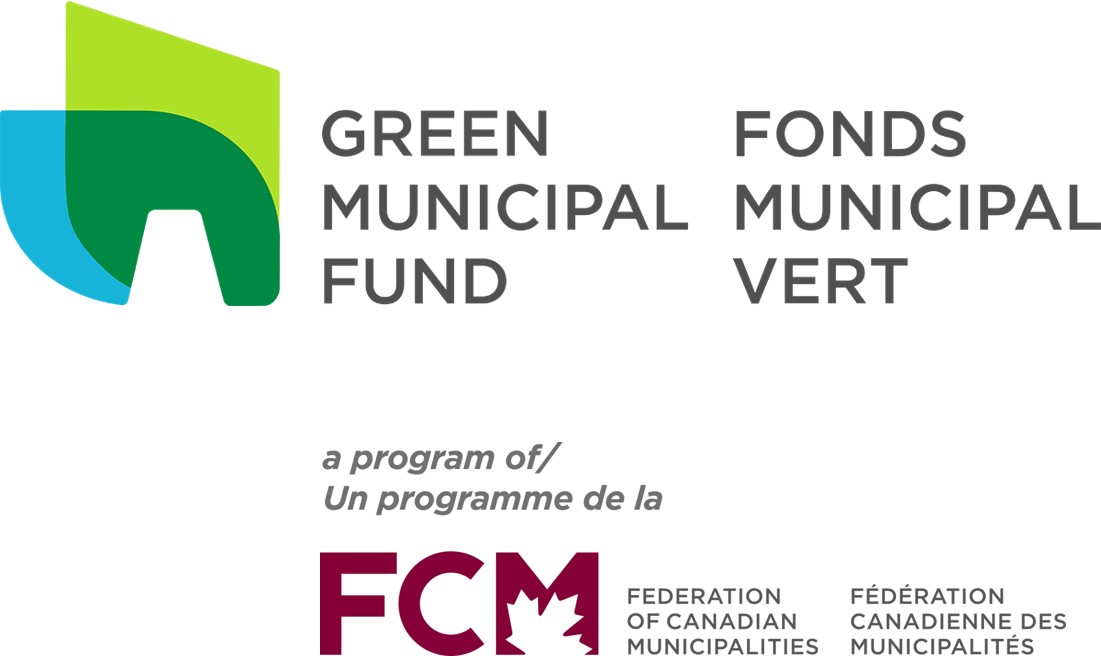
Federation of Canadian Municipalities – Sustainable Affordable Housing
The Green Municipal Fund offers support throughout the life cycle of an affordable housing construction project through five funding options:
- Planning: Early support to assist eligible housing providers to get started on achieving more sustainable affordable housing initiatives
- Studies: Assess the approaches needed to implement an eligible energy efficient pilot or capital project in detail
- Pilot projects: Test out a new or innovative approach on a small scale
- Retrofit capital projects: Complete the renovation of existing housing units with the installation of energy efficient technologies
- New-build capital projects: Construct new homes that are highly energy efficient
Read the application guide for details.
Need help applying for the Sustainable Affordable Housing Fund? Contact The Community Housing Transformation Centre to reach their Regional Energy Coach
Manitoba Social Housing Funding
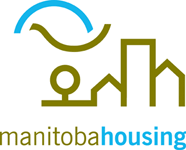
Homelessness Rent Supplement Program
Manitoba Housing is requesting Expressions of Interest for landlords willing to enter into rent supplement agreements for designated units in their properties and rent those units to people who are exiting homelessness. The current need is primarily for studio and one bedroom units with some two- and three-bedroom units also welcome.
To be eligible for the EOI, organizations must be non-profit housing providers or for profit landlords willing to lease residential rental units to people exiting homelessness
The application is open until filled.
See the full EOI here and apply by filling in the application form here

New Funding Model through Manitoba Housing as Operating Agreements Expire
Manitoba Housing is establishing a block funding model designed to provide predictable and flexible funding to the non-profit sector. The funding is available to housing projects who have already come off their original agreements, and those that will soon be coming off.
Under the proposed model, the funding can:
- subsidize rents
- meet the rising costs of operations
- support an annual allocation to the replacement reserve fund
Manitoba Housing has allocated up to $1.4 million toward these new agreements in 2023/24, and depending on uptake, will make additional funding available in future years. At this time, the intent is to share information about the proposed model and determine the level of interest on the part of non-profit housing providers to enter into a new funding agreement on this basis.
For more information on the proposed block funding model, and to express interest in participating in the program, please contact the Portfolio Management Branch at 204-945-4661 or e-mail [email protected]
Program or Project Opportunities
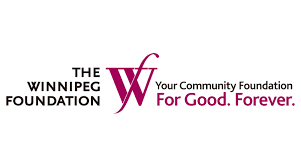
Community Grants
The Foundation’s main grants program, which supports a wide range of community projects (up to $100,000)
Application Due Date – March 1, 2024 (decision in May)
For more information and how to apply, click here

Grant In take Opens for Urban/Hometown Green Team Program
Youth Employment Program Supports
Municipal and Community Projects: Bushie
Grant applications are now being accepted for the Urban/Hometown Green Team program, which allows organizations to hire youth between the ages of 15 and 29 for summer jobs across Manitoba, Municipal and Northern Relations Minister Ian Bushie announced today.
“The Green Team program is a great success story that supports both community organizations and the young people who participate,” said Bushie. “The young people who participate get summer employment as well as experience working within communities to improve neighbourhoods, promote community involvement and help develop employment and leadership skills.”
The grants support hiring youth to work on community projects between May and September. Eligible recipients include municipal governments (excluding the City of Winnipeg), Northern Affairs Community Councils and non-profit organizations throughout Manitoba.
“The Green Team program is an important part of our summer staffing needs,” said Ron Brown, president and CEO, Boys and Girls Club Winnipeg. “Summer is the busiest time of the year for us and to be able to provide meaningful employment for our youth really helps to develop their potential. Many of our Green Team staff have gone on to exciting careers. We look forward to being able to provide these opportunities again this summer.”
The grants cover 100 per cent of wage costs plus $250 per position for non-profit organizations. Municipal governments receive 50 per cent of wage costs and $125 per position on a cost-shared basis.
“Our government is proud to continue this valued youth employment program,” said Bushie. “We are committed to investing in youth across Manitoba and helping inspire future leaders. We also recognize these community projects would not be possible without leadership from our municipalities, community organizations and dedicated volunteers, and we thank them for all their work in making these opportunities possible for young Manitobans.”
The deadline for applications is Monday, March 4.
For more information on Urban/Hometown Green Team applications, visit: https://gov.mb.ca/grants.

Manitoba Accessibility Fund
The Manitoba Accessibility Fund (MAF) provides one-time, project-based grants to help municipalities, non-profit organizations and businesses in Manitoba to remove barriers, create awareness and support compliance with The Accessibility for Manitobans Act and its standards.
The Manitoba Accessibility Fund, managed by The Winnipeg Foundation, was launched in 2021 with an initial $20-million investment. Administered by the Department of Families, the annual grant distribution and investment returns are used to fund accessibility projects and initiatives from eligible Manitoba-based organizations.
For more information and how to apply, click here

Homelessness Support Services
Manitoba Housing is requesting Expressions of Interest for non-profit organizations to operate and provide services to people experiencing homelessness. Services required include rapid re-housing, intensive case management, and/or assertive community treatment.
Preference will be given to organizations with:
- Experience delivering Housing First services
- Demonstrated ability to apply a two-eyed seeing approach in service delivery
- Partnerships with health agencies for the delivery of clinical services
- Internal capacity to provide mental health and addictions services or supports
- Partnerships with housing providers
- Ability to serve people in all three service levels
The application is open until filled. The government is emphasizing Indigenous led responses. To this end, the assessment committee will first review EOIs submitted by Indigenous led organizations and select successful proponents. If additional support services are required, the committee will review EOIs from other organizations and select successful proponents to fill the gaps.
See the full EOI here and apply by filling in the application form here

The Non-Profit Community Pest Control Grant Program
The Non-Profit Community Pest Control Grant Program provides grants to non-profits to address pest infestations in two streams. The first stream is for non-profit organizations that require financial assistance to undertake education, treatment, and prevention activities required to eliminate pests. The second is the Homelessness Support stream which supports non-profits group working with tenants for whom managing pests is a barrier to acquiring or maintaining housing. The program receives applications on an ongoing basis until the program budget is fully committed. Learn more and apply.

Community Foundations
Manitoba is home to over 50 community foundations, which guide volunteer efforts and financial support to organizations like MNPHA’s members. Most community foundations require charitable status to access their funding, but many allow non-profits to partner with a charity when they have shared mandates. Find your local community foundation here

Elderly and Infirm Persons Housing License
The Elderly and Infirm Persons Housing Act provides school tax exempt status for units that meet specific size, tenant age, and rent-to-income ratio criteria. Most projects developed under operating agreements qualify for this program, and size guidelines were grandfathered; post-operating agreement, the age and rent-to-income ratio requirements still apply, though it can be for only a portion (100%, 75%, 50%, or 25%) of units. While units become exempt from the school tax, they are treated as “institutional” and move into a different municipal tax category.
Download the application form here and MNPHA has created a template for calculating the tax changes associated with the License, you can download it as an excel document here.
Financing Opportunities

Jubilee Fund
The Jubilee Fund provides flexible financing in the form of loan guarantees and/or bridge financing for worthy projects who do not qualify for traditional financing. Visit http://www.jubileefund.ca/ for more info.
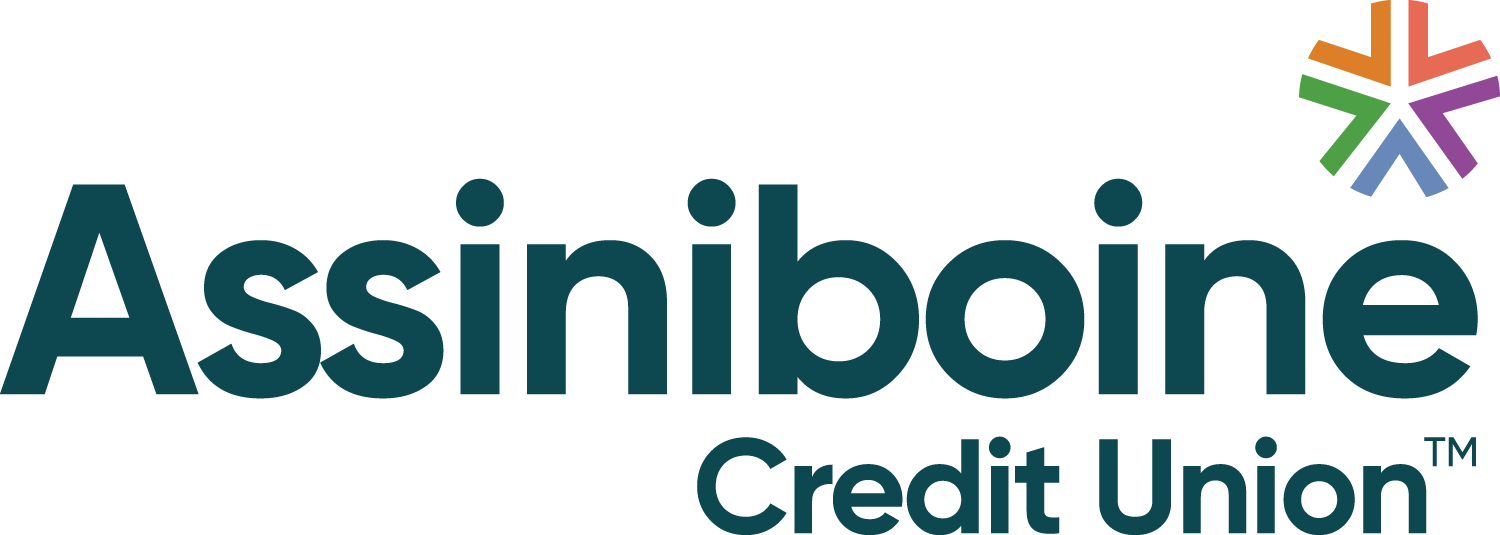
Assiniboine Credit Union
ACU offers flexible financing for non-profits and cooperatives through a dedicated Community Financial Centre. For more information, please visit: https://www.assiniboine.mb.ca/Business/Community-Financial-Centre/
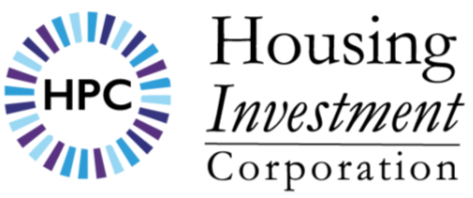
Housing Investment Corporation
The Housing Investment Corporation provides long-term (30+ year), low-cost financing to affordable housing providers for development or redevelopment. Manitoba Housing is one of the founding partners, and Terry Kozak is the Manitoba contact. Reach him by e-mail here. Learn more on the Housing Investment Corporation website

First National Financial LP End of Operating Agreement Revitalization Program
The End of Operating Agreement (EOA) Revitalization Program provides low cost loans to housing providers at or near the end of their operating agreements. This program is aimed at those housing providers that have expired operating agreements, those planning for the end of their operating agreement or providers looking to payout their agreement early. Municipalities, non-profit housing providers, Co-op (excluding equity Co-op’s) or anyone with a current Section 95 and Section 26/27 or any housing provider in a federal or provincial operating agreement are also eligible for the program.
Information is available on First National LP’s website
